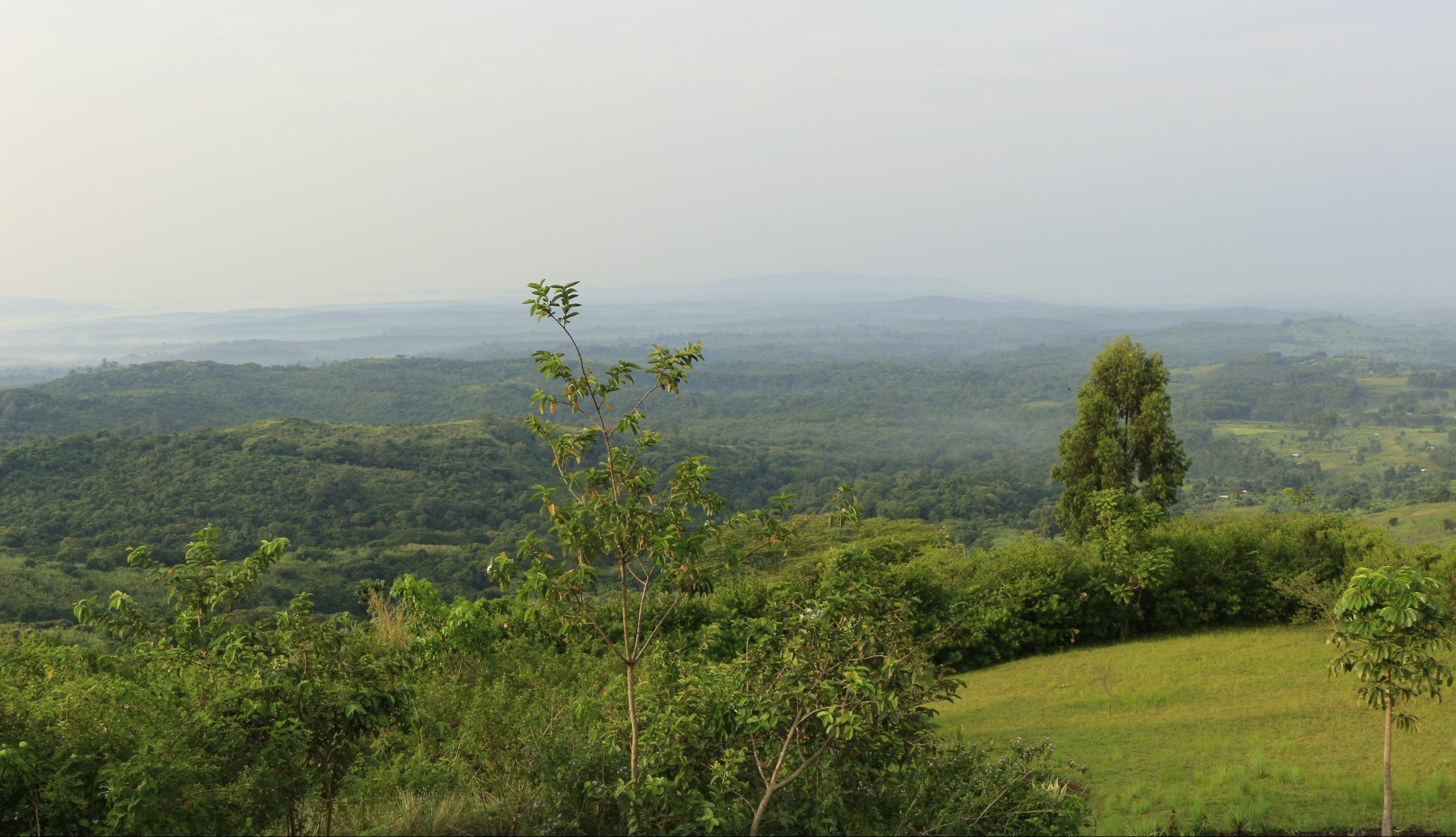Overview
Who benefits from my travel; When a person decides to travel, it is not only that person that gains from their decision. It is interesting to note that there are other possible beneficiaries of someone’s travel, as we shall explore in this article.
There are various reasons why people travel, including leisure, research, peer influence, and love for adventure, among others. All these factors may possess almost the same benefits to the traveller.
Leaving your comfortable realm, waking up for a relaxed breakfast, going for a game drive, creating new memories, and meeting new people may impact you, the tourist, and several others.
Travel benefits can be divided into psychological, economic, social and scientific. These benefits are usually spread out to the authorities, conservation programs, destinations and communities surrounding the various tourist attractions. For a tourist, it is more rewarding for the experience to benefit others and may inspire a more profound passion for travelling to even more places.
Benefits of My Travel
Psychological benefits
First, travelling benefits the first party into action, ‘the travellers’. Travelling for leisure deals with the mind and sometimes changes one’s perception of things. We often tend to be judgmental about things we may not even understand. However, deciding to travel creates room to understand certain truths about life more clearly.
The psychological benefit of travelling usually comes through the leisure moments many travellers seek during their adventures. The desire to relax, reset the mind and refresh the body are significant reasons many travel.
Economic benefits
Tourism is one of the contributors to the development that is realised in various destinations. Additionally, it is a source of income for many people who work in different sectors. These include accommodation, tourist attractions, and markets (for agricultural products and handmade products like souvenirs).
Communities benefit economically by selling their agricultural products to hotels and lodges and having a market for handicraft products. These, in most cases, are purchased as souvenirs. Some communities like the Batwa, the Karamojong, Subi Street children project in Mbale, and other communities surrounding several tourist destinations also stage traditional performances for travellers to earn a living.
Another benefit of tourism can be seen through infrastructural development, especially the road network. The Ugandan government has embarked on developing several road facilities that connect to tourist destinations to ensure easy and comfortable accessibility.
Social benefits

Communities directly involved in the travel industry usually get to interact with the travellers. These interactions are of great social benefit to both the locals and the tourists.
The travellers provide financial support to the locals by buying some products from them, volunteering in community projects and making donations. For instance, some communities like the Batwa near Bwindi Impenetrable National Park and Mgahinga Gorilla National Park receive continuous support from travellers through various means.
Additionally, due to tourism, many orphanages have been established to provide a home to abandoned children or those that lost their parents/guardians. Some tourists also provide awareness/education about specific issues, such as health and environmental conservation, to the community members.
Other positive social benefits of travelling include preserving the local culture and heritage, strengthening communities, providing social services and commercialising culture and art.
Conservation

Environmental conservation focuses on keeping natural resources in their natural form. Several efforts have been made for this cause, although limited funds have affected it. With that said, sustainable tourism is one of the major channels that can support environmental conservation programs/initiatives.
In Uganda, tourists must pay a specific entry fee to enter designated tourist destinations, such as game reserves and national parks. A portion of this money goes to the conservation fund. It is important to note that conservation also contributes to ecological balance (eco-system).
The conservation process includes research, planning and implementation to fight vices like poaching. It also involves training personnel to spread awareness in various communities and to protect wildlife from danger (for example, the game rangers).
In a nutshell, so many people can benefit from your travel. Book your safari with us today and make a difference in the lives of an East African community and the future of the various phenomenal wildlife that inhabit the region.
